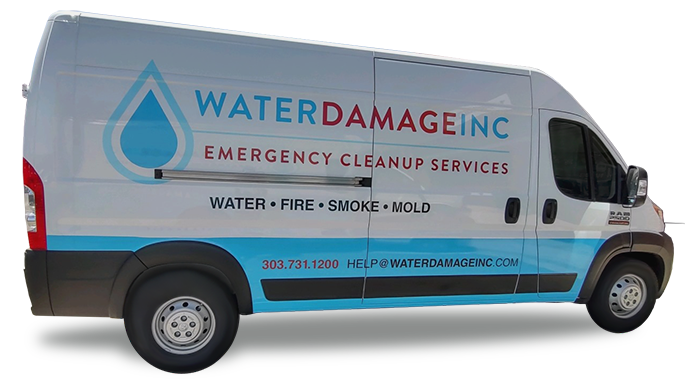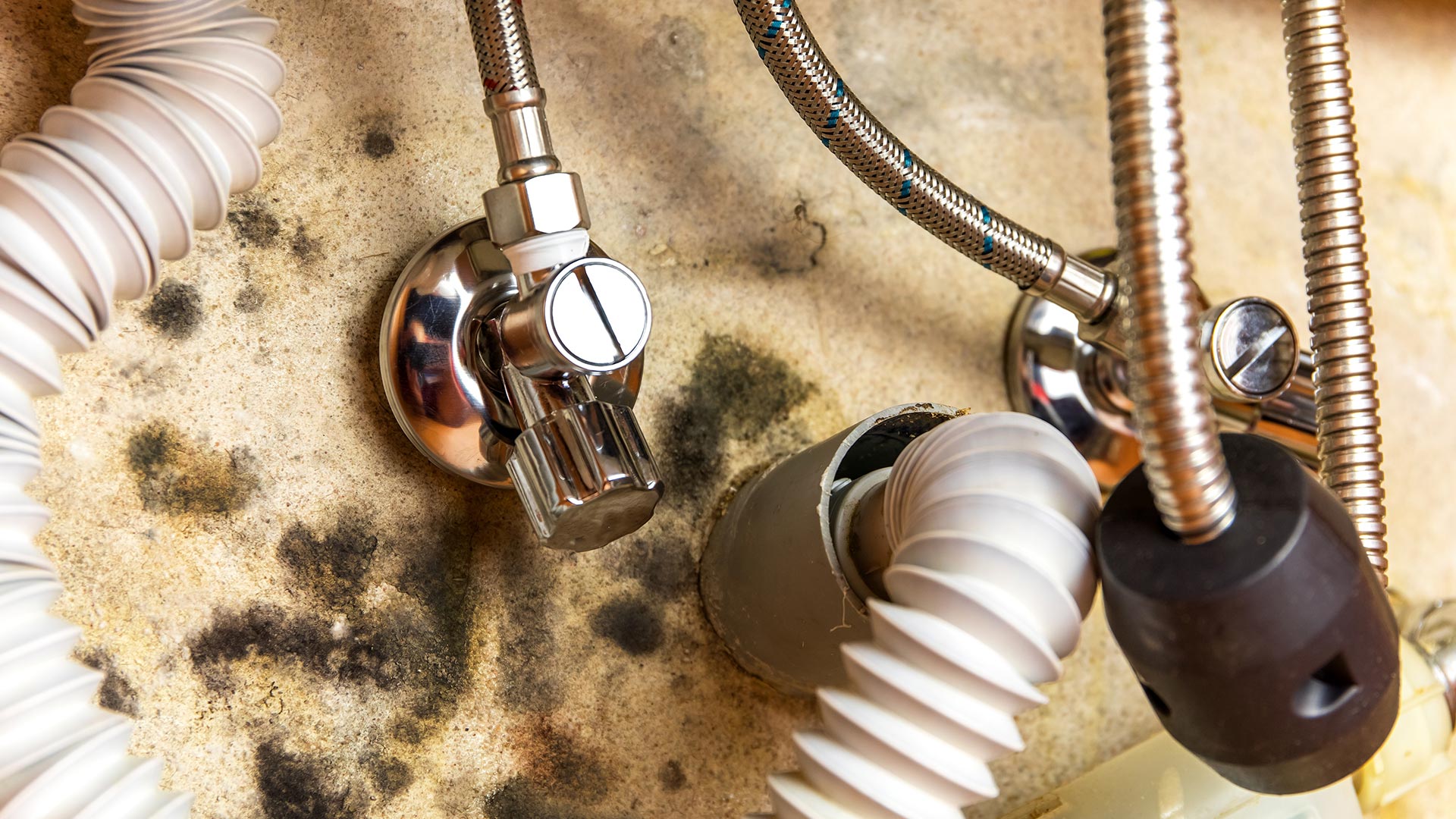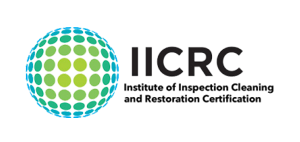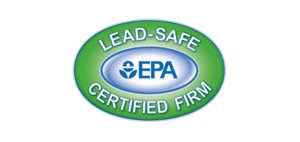If you’ve recently experienced water damage in your home or workplace, it’s important to be aware of the potential health risks associated with mold growth. Mold is a type of fungus that can grow in damp environments, such as those created by water damage. When left untreated, mold can release harmful spores into the air, which can cause a range of health problems.
It’s important to note that not all types of mold are dangerous, but exposure to certain types can lead to serious health issues, particularly in individuals with weakened immune systems and those with pre-existing respiratory conditions.
So, can mold from water damage hurt you? The answer is yes. In this section, we will provide you with the information you need to understand the potential risks and take action to protect your health and well-being.
Key Takeaways
- Mold growth can occur in environments with excess moisture, such as those resulting from water damage.
- Exposure to certain types of mold can lead to health problems, particularly in vulnerable individuals.
- It’s important to take action to address water damage and prevent mold growth to protect your health and well-being.
Understanding the Link Between Water Damage and Mold Growth
When water damage occurs, it creates a conducive environment for mold growth. Mold spores are present everywhere in the air and on surfaces, but they only become a problem when they have enough moisture to grow. Water damage can come from various sources, including flooding, leaky pipes, and roof damage. Any wet surface or porous material can serve as a breeding ground for mold, and if left unchecked, it can spread quickly to other areas of your home.
Once mold has found a suitable environment, it can start growing in as little as 24-48 hours. The longer the moisture remains, the more extensive and challenging the mold growth will be to remove. That’s why it’s crucial to address water damage promptly and take preventive measures to avoid mold growth.
It’s also essential to be aware that humidity levels above 60% can contribute to mold growth. So, even in areas with no visible water damage, high humidity levels can cause mold problems.
Therefore, the link between water damage and mold growth is clear: water damage provides the moisture that mold needs to thrive. Understanding this link is vital in taking proactive steps to prevent mold growth in your home.
Health Risks Associated with Mold from Water Damage
If you’ve experienced water damage in your home or business, you should be aware of the potential risks associated with mold growth. Mold thrives in damp or wet environments, making it a common problem after water damage occurs. Unfortunately, mold can pose serious health risks to you and your loved ones.
Exposure to mold can cause a range of health issues, particularly in individuals who are sensitive or allergic to it. Some common symptoms of mold exposure include:
- Coughing and wheezing
- Nasal congestion and sinus issues
- Eye irritation and redness
- Skin irritation and rashes
- Headaches and fatigue
These symptoms can vary in severity, and some individuals may experience more serious reactions. For example, people with underlying respiratory conditions, such as asthma or chronic obstructive pulmonary disease (COPD), may experience more severe respiratory symptoms when exposed to mold. Additionally, prolonged exposure to mold can lead to more serious health problems over time.
A key concern with mold from water damage is the potential for mycotoxins. Mycotoxins are toxic substances produced by certain types of mold, which can cause an increased risk of serious health issues. Exposure to mycotoxins can lead to neurological problems, as well as damage to the liver, kidneys, and other organs.
If you suspect that you have mold in your home or business due to water damage, it’s important to take action to protect yourself and those around you. Mold remediation professionals can help to identify the type of mold present, and recommend appropriate steps for remediation.
Remember that early intervention is key when it comes to mold from water damage. Taking action as soon as possible can help to minimize the risks associated with mold exposure and protect your health and well-being.
Protecting Your Health and Home from Mold in Water-Damaged Areas
Protecting yourself and your home from mold in water-damaged areas is crucial to maintaining a healthy living environment. Here are some practical tips on how to minimize the risks associated with mold.
Identify the Source of Water Damage
The first step in protecting your home from mold growth is identifying and addressing the source of water damage. This could be anything from a leaky pipe to a flooded basement. Fixing the underlying issue is essential to preventing mold from growing and spreading.
Control Humidity Levels
Mold thrives in moist environments, so controlling humidity levels in your home is important. You can use a dehumidifier to maintain humidity levels below 60%, especially in areas that are prone to water damage, such as basements, bathrooms, and kitchens.
Proper Ventilation
Good air circulation and proper ventilation are key to preventing mold from growing. Make sure your home has adequate ventilation in areas where moisture tends to accumulate, such as bathrooms and kitchens. Use exhaust fans to remove moisture-laden air from these areas.
Clean and Dry Water-Damaged Areas
If you have experienced water damage, it’s important to clean and dry the affected area within 24-48 hours to prevent mold growth. You can use a wet vacuum or hire a professional cleaning service to properly clean and dry the area. Make sure to remove any damaged materials that cannot be salvaged.
Mold Remediation
If you suspect that you have mold in your home, it’s important to act quickly. Mold remediation should be performed by a licensed professional who has experience in dealing with mold. They can perform a thorough inspection, remove any mold growth, and provide recommendations for preventing future mold growth.
Call Water Damage Inc today at (303) 731-1200!
Conclusion
Now that you know the potential dangers associated with mold from water damage, it’s important to take action to protect yourself and your home. Remember, mold can lead to a variety of health issues, ranging from allergic reactions to respiratory problems. By being proactive and addressing any water damage as soon as it occurs, you can minimize the risks of mold growth in your home.
If you do discover mold in a water-damaged area, it’s important to take proper remediation measures. This may include hiring a professional mold removal service or using DIY methods to clean and disinfect the affected area.
Finally, by making a few simple changes to your daily routine, you can help prevent mold growth in the first place. This may include using a dehumidifier, ensuring proper ventilation in your home, and promptly repairing any leaks or water damage.
Remember, with the right knowledge and proactive measures, you can protect yourself and your loved ones from the harmful effects of mold from water damage. Stay informed and take action to ensure a healthy living environment.
FAQ
Can mold from water damage hurt you?
Yes, mold that develops as a result of water damage can pose potential health risks. It can cause allergic reactions, respiratory issues, and other health problems.
What is the link between water damage and mold growth?
Water damage creates favorable conditions for mold growth. Excess moisture, dampness, and high humidity levels can promote the growth of mold in affected areas.
What are the health risks associated with mold from water damage?
Exposure to mold resulting from water damage can lead to allergic reactions, such as sneezing, coughing, and itching. It can also cause respiratory problems, including asthma attacks and other breathing difficulties.
How can I protect my health and home from mold in water-damaged areas?
To protect yourself and your home, it is important to address water damage promptly. Fix any leaks or sources of moisture, dry affected areas thoroughly, and consider implementing mold remediation techniques. Regularly inspecting and maintaining your home’s plumbing and ventilation systems can also help prevent mold growth.
In conclusion
Understanding the potential harm that can be caused by mold from water damage is crucial for maintaining a healthy living environment. By taking proactive measures to address water damage and prevent mold growth, you can protect your health and preserve the integrity of your home.






















